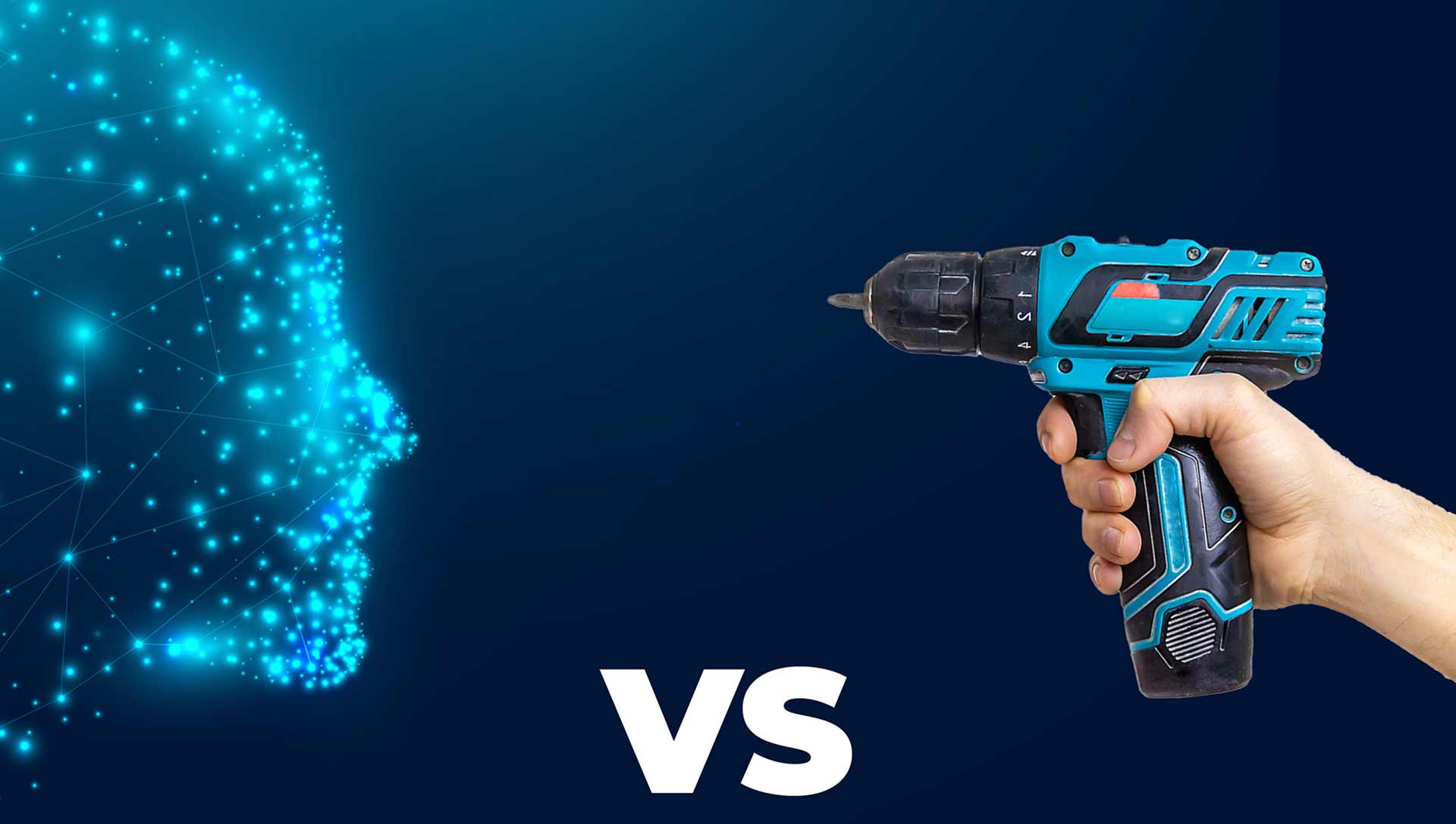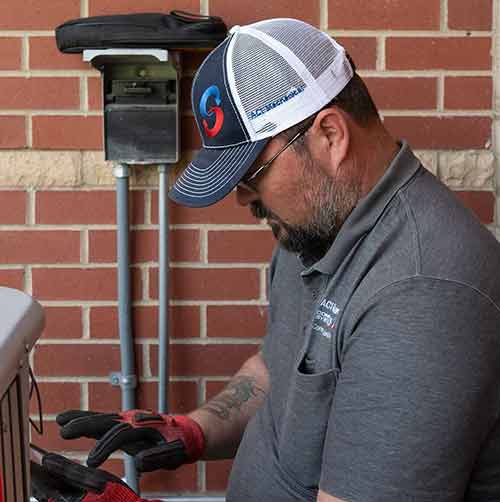
. However, AI can complement their work and enhance productivity in several ways:
While AI can automate certain aspects of tradesmen’s work, it is important to recognize that tradesmen possess valuable human skills, such as creativity, adaptability, problem-solving, and interpersonal communication, which are not easily replaceable. AI is more likely to augment their work, helping them perform tasks more efficiently and effectively rather than completely replacing them. The collaboration between tradesmen and AI technology can lead to improved productivity, safety, and innovation in various industries, including construction.
For now, artificial intelligence is not a threat to construction field workers; on the contrary, it is more of a tool for work optimization, helping to make daily tasks more effective. However, it is likely that in the coming years, with the improvement of seventh-generation data networks, the level of robotization will be optimized, and perhaps we may see machines gradually replacing skilled labor.


